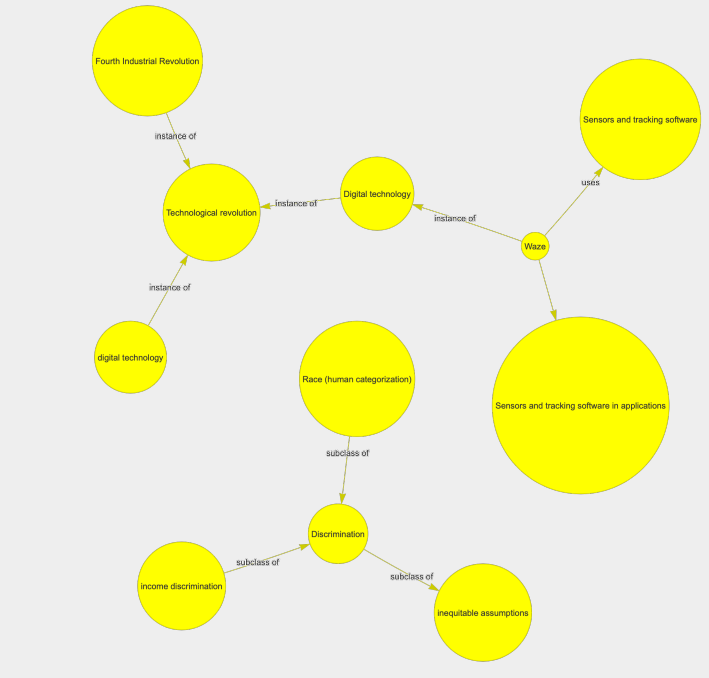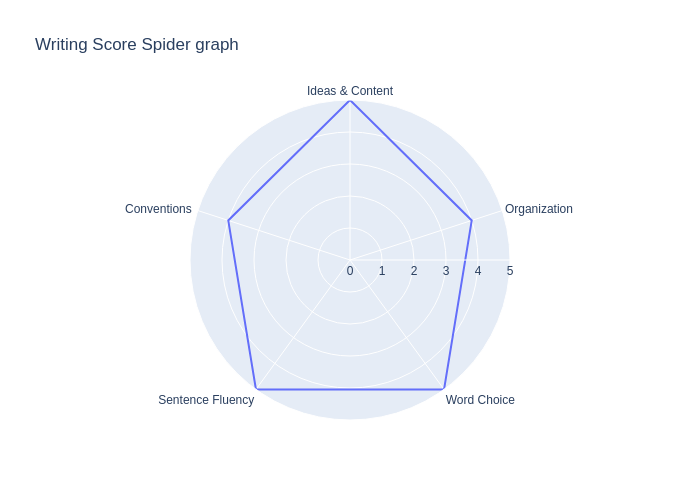Harnessing recent progresses in the area of deep learning and Natural Language Progressing (NLP), Warwick Business School (WBS) and the University of Warwick recently developed in-house the “AI Essay-Analyst”, an academic-writing-tool that provides students with around 15 pages of formative feedback following voluntary submission of students’ essays or dissertations.
Dr. Isabel Fischer, Associate Professor (Reader) of Information Systems, and project lead, recently commented in a Times Education Supplement (TES) interview[1] that one of the benefits of the tool is that it helps to level the playing field by giving students from disadvantaged backgrounds the type of initial feedback on their work that their peers from more affluent backgrounds are more likely to receive at home. Lecturers remain a key part of the marking process; with the AI tool augmenting the marking and feedback process, rather than automating it.

The tool was developed following a WBS survey where the majority of students mentioned poor academic writing as their perceived main barrier to academic success. The tool is Python-based and uses a mixture of rule-based statistical features and deep-learning algorithms and databases (e.g., Pytorch, Hugging face framework, Transformer and LongFormer). Development followed UK and EU frameworks for trustworthy AI.

Students receive feedback on the strengths and weaknesses of their writing on items such as word choice, readability and sentence length, as well as how well as on how key concepts have been described and are related to each other. Students also receive feedback on the quality of the journal articles that are cited and referenced and they can check their progress from one assignment to the next. The feedback report is structured according to the WBS marking criteria: Comprehension, analysis, critical thinking, and academic writing. A special feature of the feedback report is that includes visualisations, such as images, charts and graphs, some examples are included in this blog.
 Students who opted to take part in the project so far were very satisfied, commenting: “The overall feedback is very useful for the general understanding of your academic writing skills”, “It is quite cool and it is a new approach I never tried before”, “I have enjoyed the visualisations most since they are interactive and easy to understand”, “Grammar suggestions are useful since they show some spelling and small mistakes that I ignored before” and “The knowledge graph allowed me to see the bigger picture at a time when I was too focused on the detail. It helped me to break down my essay and also showed the correct as well as incorrect relationships between key concepts”.
Students who opted to take part in the project so far were very satisfied, commenting: “The overall feedback is very useful for the general understanding of your academic writing skills”, “It is quite cool and it is a new approach I never tried before”, “I have enjoyed the visualisations most since they are interactive and easy to understand”, “Grammar suggestions are useful since they show some spelling and small mistakes that I ignored before” and “The knowledge graph allowed me to see the bigger picture at a time when I was too focused on the detail. It helped me to break down my essay and also showed the correct as well as incorrect relationships between key concepts”.
For comments or questions please contact the project lead Isabel.fischer@wbs.ac.uk
[1] https://www.tes.com/magazine/teaching-learning/general/will-machine-soon-be-doing-your-marking
Find out more by visiting our Artificial Intelligence page to view publications and resources, join us for events and discover what AI has to offer through our range of interactive online demos.
For regular updates from the team sign up to our mailing list.
Get in touch with the team directly at AI@jisc.ac.uk
